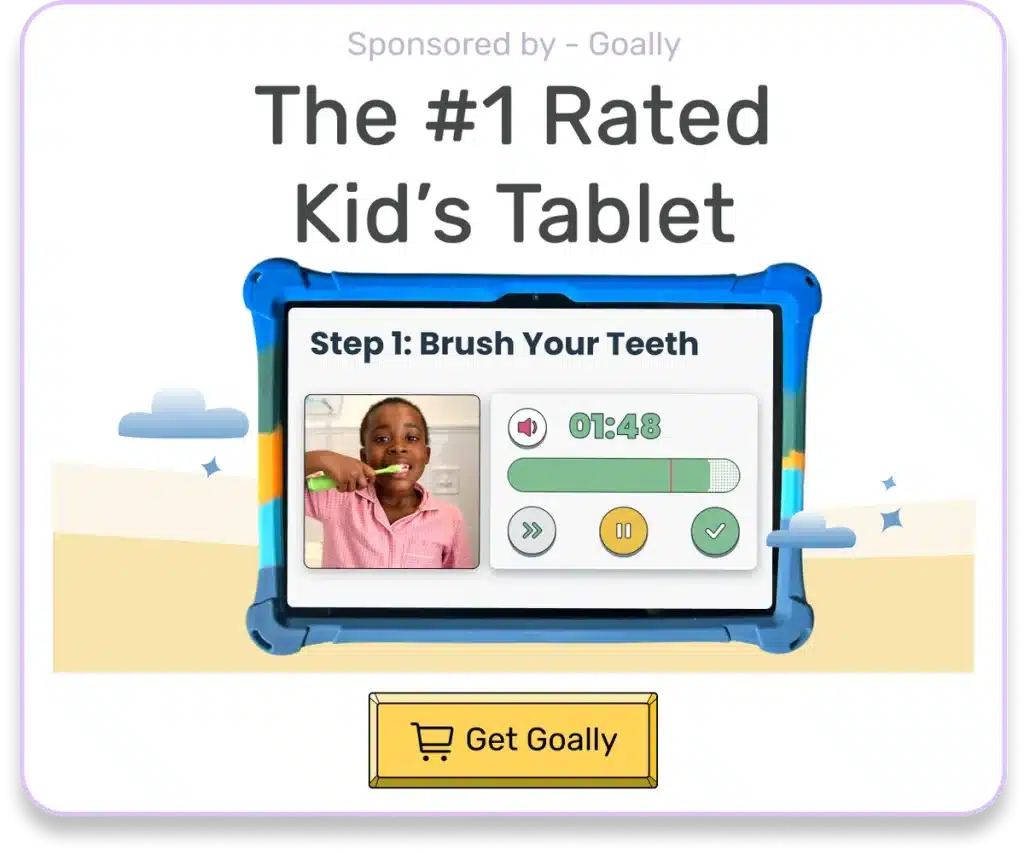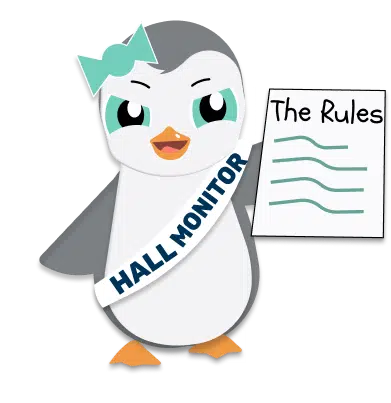Does your child exhibit unusual patterns of behavior? Are you seeking answers to help your little one navigate the world more smoothly? You’ve come to the right place! Knowing the signs and taking a child autism test can be a game-changer for parents of neurodivergent kids. Armed with the right knowledge, you can better understand your child’s unique strengths and challenges and provide the support they need to thrive. As a caregiver, you play an essential role in helping your child achieve their full potential. This guide will give you with actionable insights on autism, allowing you to make informed decisions for your child’s well-being. Let’s explore the wonderful world of neurodiversity!
Table of Contents
Understanding Autism Spectrum Disorder (ASD)
Autism Spectrum Disorder (ASD) is a complex developmental condition that affects how a person communicates, interacts, and processes information. While its symptoms can vary significantly from one individual to another, some common traits can help you identify if your child could benefit from a child autism test.
- Difficulty with social interaction
- Challenges in verbal and non-verbal communication
- Repetitive behavior or restricted interests
- Sensory sensitivities
Autism is a spectrum disorder, meaning no two individuals with autism are the same. Some people may have mild symptoms, while others may have more severe impairments. Understanding the nuances of autism can help you support your child better and identify the appropriate resources and interventions for their needs.

Causes and Risk Factors of Autism
Although the exact cause of autism is still unknown, research suggests that a combination of genetic and environmental factors play a role. Some of the risk factors associated with autism include:
- Family history of autism
- Genetic mutations
- Older parental age
- Prenatal exposure to certain medications or environmental toxins
It is critical to realize that these risk factors do not ensure that a kid will acquire autism. However, being aware of them can help you stay vigilant and closely monitor your child’s development.
Early Signs of Autism in Kids
Early detection of autism can lead to better outcomes, as early intervention can help improve a child’s developmental trajectory. Here are some early signs of autism in kids that you should be aware of:
- Delayed speech or language milestones
- Unusual reactions to sensory stimuli, such as textures or sounds
- Difficulty making eye contact or engaging in social interactions
- Repetitive behaviors, such as rocking or hand-flapping
If you notice any of these signs in your child, it’s essential to consult with a healthcare professional for further evaluation. Early detection and intervention can dramatically improve a child’s quality of life and assist them in reaching their full potential.
Factors to Consider Before Taking the Test
Before administering the child autism test, it’s essential to keep the following things in mind:
- The test is designed as a preliminary screening tool, not a diagnostic tool.
- Results should be interpreted with caution and in consultation with a healthcare professional.
- Each child is unique, and the test results may not capture the full extent of their strengths and challenges.
Also be sure to watch the video above to guide you through your test. Although the child autism test is a helpful resource, it’s crucial to remember that a professional evaluation is necessary for a formal diagnosis. A thorough assessment may include observations, interviews, and standardized tests to understand your child’s needs comprehensively.
Professional Support and Resources for Autism
Once your child has received a diagnosis, connecting with professionals who can offer guidance and support is essential. Some of the specialists you may want to consult include:
- Developmental pediatricians
- Child psychologists or psychiatrists
- Occupational therapists
- Speech and language therapists
- Special education teachers
These professionals can help create tailored intervention plans to address your child’s needs and promote their well-being. Additionally, they can provide valuable resources and guidance on navigating the often complex world of special education and support services.
Autism Support Groups and Communities
Connecting with other parents and caregivers of neurodivergent children can be incredibly beneficial. Support groups and online communities can provide a safe space to share experiences, discuss challenges, and exchange valuable tips and resources. Through these networks, you can find encouragement and camaraderie while navigating the journey of raising a neurodivergent child.
Creating a Supportive Environment for Neurodivergent Kids
Once you better understand your child’s unique needs, it’s time to create a supportive environment that fosters their development. Here are some practical strategies to help your neurodivergent child thrive:
- Provide a predictable routine and clear expectations
- Offer visual supports to aid in communication and understanding
- Encourage social interaction through playdates and group activities
- Introduce sensory breaks to help your child self-regulate
Collaborating with your child’s educational team is crucial to create an individualized education plan (IEP) that addresses their specific needs. Regular communication with teachers and therapists can help ensure your child receives the appropriate accommodations and support to succeed in the classroom.

Read more: What Does Neurodivergent Mean?
Embracing Neurodiversity and Promoting Inclusivity
When supporting a neurodivergent child, it’s crucial to celebrate their unique strengths and promote inclusivity. Encourage their interests and passions, and help them build strong connections with their peers. Rather than trying to “fix” your child, focus on understanding their needs and providing a supportive environment where they can thrive.
Advocate for inclusive practices in schools and communities, as this can help reduce the stigma surrounding neurodiversity and create a more accepting society. We can help to create a society where every child is respected and celebrated for their individual skills and abilities by raising awareness and encouraging understanding.
Self-Care for Parents of Neurodivergent Kids
Caring for a neurodivergent child can be rewarding and challenging. As a parent, taking care of your well-being is crucial, as this can directly impact your ability to support your child effectively. Here are some self-care tips for parents:
- Establish a support network of friends and family
- Join support groups or online communities for parents of neurodivergent kids
- Set aside time for hobbies and activities you enjoy
- Practice stress reduction techniques, such as meditation or mindfulness
- Seek professional help if needed, like counseling or therapy
By prioritizing your well-being, you can better manage the challenges and joys of raising a neurodivergent child and maintain a positive and nurturing environment for your entire family.

Goally | Apps That Build Behavior & Life Skills for Kids
Want to keep your child motivated while building essential behavior and life skills? Goally’s skill-building tablet is designed to celebrate small wins and help your child grow.
Our Behavior Tracker helps you reward your kiddo for specific skills, like “being kind” or “flushing the toilet.”
By setting clear expectations and rewarding their efforts, you foster a positive environment for your child to flourish in their behavioral skills journey.

As parents of neurodivergent children, your support and understanding can make all the difference in the world. You may help your child unlock their full potential and appreciate their unique gifts by learning more about Autism Spectrum Disorder, taking the child autism test, and implementing supportive methods. With the right tools and resources, the possibilities are endless! As you continue this journey, remember you are not alone. A vast community of parents, professionals, and advocates is dedicated to supporting neurodivergent children and their families. We can give our kid a better future and develop a more inclusive and compassionate society.
This post was originally published on 05/10/2023. It was updated on 08/03/2023.

Goally
We help parents teach their kids life skills, like doing bedtime and morning independently. Backed by science, we incorporate evidence-based practices and expert-informed designs in all of our apps and content.






